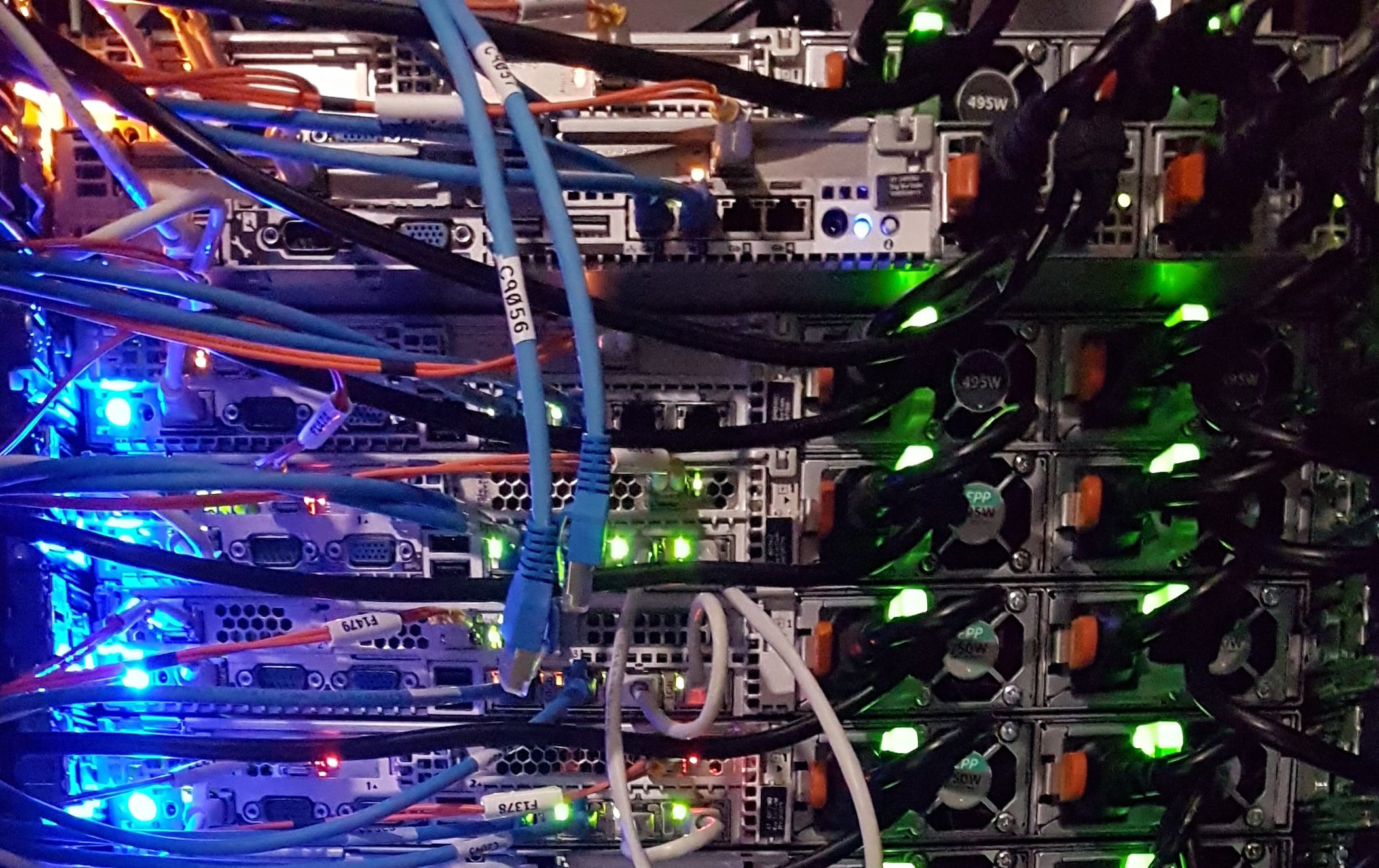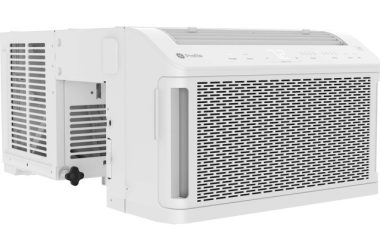We all want to ensure that our data is backed up and safe. Taking the time to find a good storage solution is essential to having confidence in the security of your data. Whether you are an individual or a large business, everyone is looking for some kind of solution that will suit their needs.
As the technologies involved in storage solutions develop, there are more and more possibilities to choose from, and therefore finding a good option may seem complicated. However, NAS (network-attached storage) solutions are a clear favorite because of their applicability across devices accessible through Ethernet connections.
The question then becomes, which of these NAS solutions are best? What speeds, capacities, and other product aspects are required for different levels of usage? Let’s take a look at the features of some of the leading producers and see what they have to offer.

Image obtained with thanks from Massimo Botturi (@wildmax) via Unsplash.
Starwind SAN & NAS
Starwind SAN & NAS has proven to be a leader in network storage solutions for a variety of reasons. Produced by iXsystems, which is a leader in open-source solutions, Starwind sets itself apart from the rest for its user friendliness and wide applicability across devices and platforms.
With Starwind SAN & NAS, servers can be transformed into shared storage units with little effort. The mechanism that Starwind utilizes is a “mirroring” function, in which data is copied from clusters of low-end disk drives onto one or more other drives for faster performance and reduced data redundancy. It also offers reliable disaster recovery and backup targets for increased security.
As the name suggests, storage area networks (SANs) and network-attached storage (NAS) can be repurposed to be compatible with one another. The software utilizes Linux-based VMs for speed and efficiency.
Starwind has become an industry leader due to its user friendliness, compatibility across platforms, and outstanding results with regard to high-performing storage. And it just produced a free version, as well.
Netgear ReadyNAS 214
Netgear ReadyNAS 214 also gets good reviews this year. The solution offers high capacity, fast speeds, and solid transcoding options. It includes 48TB of storage and download speeds of 200MBps. The transcoding capability allows for streaming across different formats and device types without downtime.
The solution also offers “snapshot” technology that produces and stores historical versions of data. This allows users to go back to previous versions of their data if desired. In addition, it includes reliable real-time antivirus and malware protection.
Netgear ReadyNAS 214 also includes multiple layers of data protection, which means that there is increased security of data. As with Starwind, the solution uses RAID data virtualization technology to store data with increased efficiency.
WD My Cloud Home
This option is preferable for those not looking for large-scale storage solutions. As the name suggests, it is intended for personal use and small file storage. Some of the features of the solution include remote access across devices and locations, ease of setup and usage, and compatibility across platforms (iOS, Windows, and MacOS). It is also very inexpensive.
Because it is intended for small-scale use, My Cloud Home tends to run slowly. It uses a rotating hard disk to perform operations. And because there are no monthly fees involved, users should be prepared to live with its limited speeds.
My Cloud Home is also smaller than many other NAS devices and does not offer as many redundancy options. However, it does allow for multiple users. Remote shutdown and data removal are also among its features.
QNAP 4 Bay TS-451D2
This is an option that could be utilized either by small businesses or individuals. It also includes multimedia streaming options, as well as third-party cloud storage solutions. Clouds are private and have account protection, IP blocking, and two-step encryption. It also offers QuDedup technology, which deduplicates redundant data before it is stored.
QNAP 4 Bay TS-451D2 is convenient in that it offers both on-site and remote access options. It has also been noted for ease of usage and installation. As with WD My Cloud Home, though, it tends to be a bit slower due to its smaller capacity of 216TB. It is not intended for large-scale use.
Synology DiskStation DS 1522+
Synology DiskStation DS 1522+ utilizes DiskStation Manager (DSM) software, which is an operating system for Synology NAS that allows for interconnected parts of a system to be managed uniformly.
The solution supports multiple applications and allows for expansion according to users’ needs. It also offers a range of backup solutions that work across platforms and account for accidentally deleted data. Its primary drawback is that it does not contain any native Ethernet ports.
Find your best solution
Your choice of solution will depend on your individual or business needs. You will need to determine your data size, your needs for applicability across platforms, speed requirements, etc. Some of the best producers offer NAS software for free, as well, so it may be wise to go with one of those options.
2023 will offer yet more upgrades in storage solution features. Keep your eyes open for even more advanced options to help you store, streamline, and backup your data with ease and efficiency.







